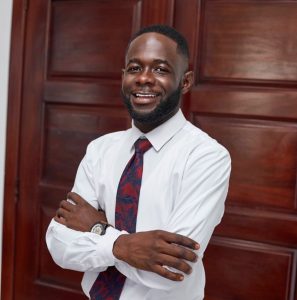The right to education is a basic human right – one that aims to strengthen understanding, tolerance, friendship and peace among all nations, racial and religious groups.
In 2000, 164 countries came together to make a global commitment to Education for All. This commitment focused on making sure that every person on the planet could access quality education. Six goals were set as part of the Millennium Development Goals and countries were given until 2015 to meet them. We are now at the 2015 deadline. How did we do?
Since 2000, 50 million more children are in primary school but there are still 58 million children out of primary school. And if current trends continue, 25 million children will never attend school.
However, it’s not all bad news. There are 50 million more children going to primary school since 2000. And two out of three countries where lower secondary education was not compulsory in 2000 had changed their legislation by 2012, including India, Nigeria and Pakistan, allowing millions of young people to attend school for the first time.
The Youth Global Monitoring Report shares the experiences of youth people trying to get an education over the past 15 years and their hopes for the future.
It’s worth noting however, that education cannot survice at the mercy of kidnaps, bombs and all manner of insecurity. This reminds us of our Chibok girls, the Kenyan attacks and massacre, the Pakistani bombings and the like. We all need to be on board. Lets not make our teachers targets of attack nor our school and the students, so that we can make a head way to the big dream.
In September 2015, the international community will come together once more to decide on a new set of universal education goals. It is important that all countries make a strong commitment to these targets and ensure that there are adequate financial resources to achieve them.
This is an education crisis! We must continue to put pressure on political leaders to ensure that everyone can exercise their right to education. The voice of every young person must be heard so that no one is excluded, left behind or denied their right to education because of where they live, where they’re from, their gender, culture or disability.
Read these youth stories, share yours and join young people all over the world in standing up for the right to quality basic education! More information can be found at www.UpForSchool.org/EduVerdict.




